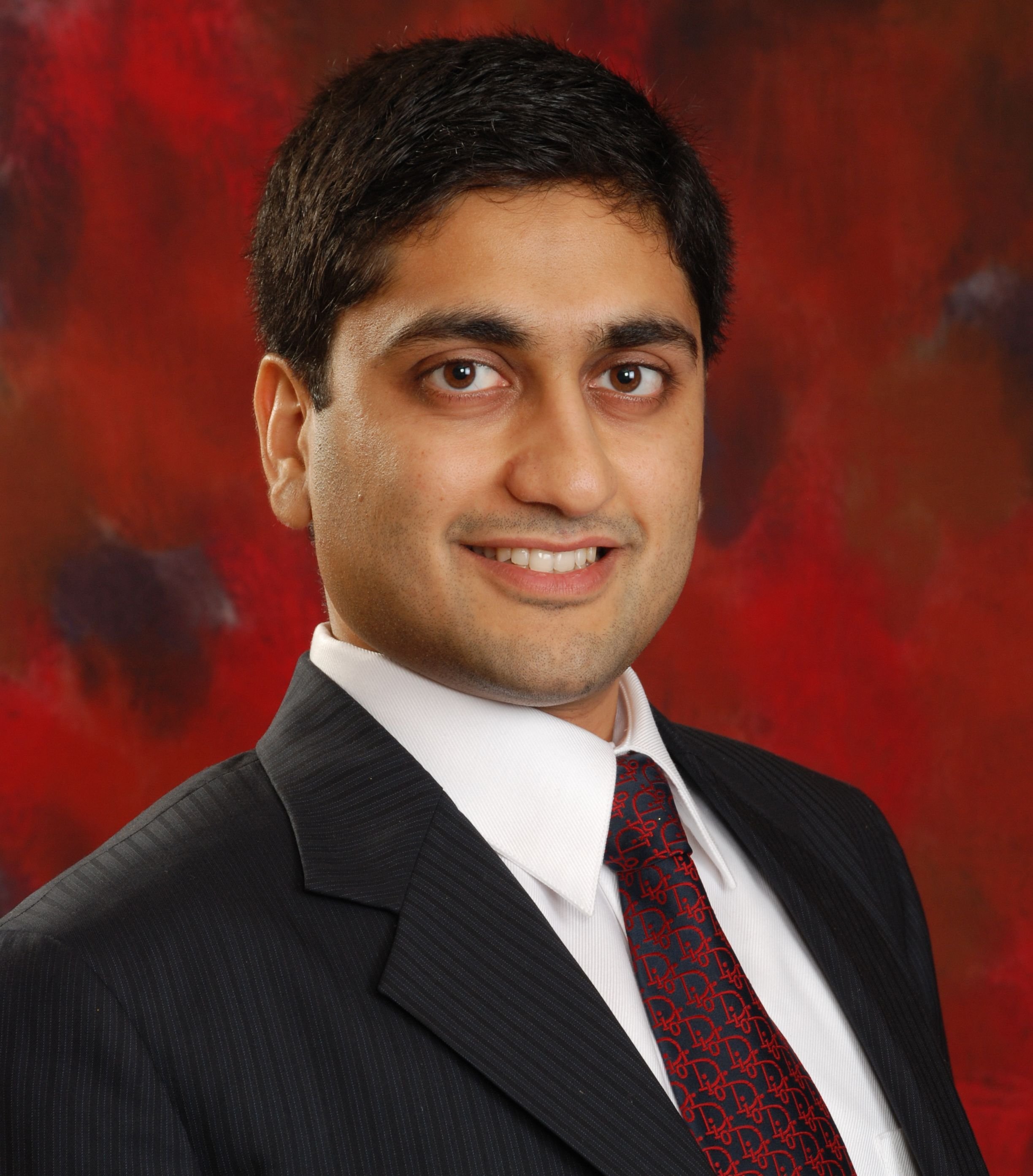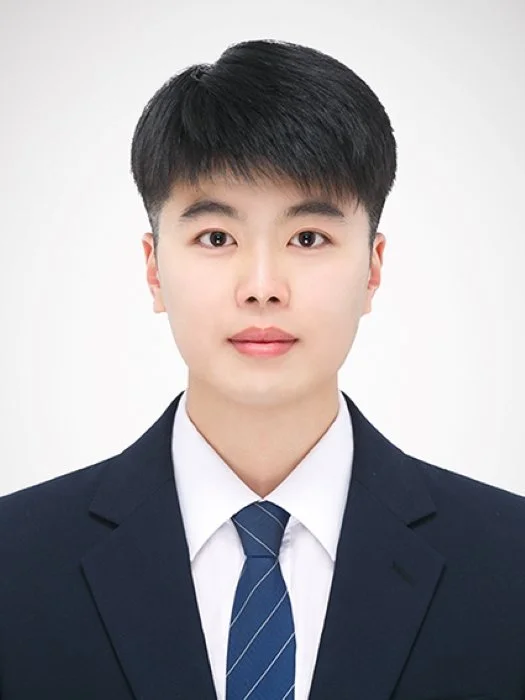Members
-

Simon Thompson
PFLAB Lead, TIER IV
Simon is coordinator of external research projects at TIER IV and team lead of PFLAB. He spent 19 years at the National Institute of Advanced Industrial Science and Technology (AIST) in Japan studying all aspects of navigation for autonomous systems, from localization and mapping to planning and control. In 2014 he was joint recipient of the RSJ Technical Innovation Award for his work on automating forklifts to remove radioactive debris from the site of a damaged nuclear reactor.
-

Shinpei Kato
Founder, CEO and CTO, TIER IV
Born in Fujisawa, Kanagawa in 1982, Shinpei is the founder and CEO and CTO of TIER IV, and a co-founder and chairman of the Autoware Foundation. He also serves as a project associate professor at the University of Tokyo’s Graduate School of Information Science and Technology.
-

Yuuki Takano
Researcher, TIER IV
Yuuki Takano received his BE from the National Institution for Academic Degrees and Quality Enhancement of Higher Education, Japan, in 2003. He earned his M.S. and PhD in Computer Science from the Japan Advanced Institute of Science and Technology in 2005 and 2011, respectively. He worked at the National Institute of Information and Communications Technology in Japan as a researcher from 2012 to 2018 and at Osaka University as a specially appointed associate professor from 2018 to 2022. He has been working at TIER IV since 2022. His major areas of expertise include computer systems, operating systems, computer networks, network security, and programming languages.
-

Manabu Tsukada
Associate Professor, The University of Tokyo
Dr Manabu Tsukada is currently an associate professor at the University of Tokyo’s Graduate School of Information Science and Technology. He is also a designated associate professor at Nagoya University’s Center for Embedded Computing Systems. He was a visiting professor at Aalto University from February 2021 to November 2021. His research interests are mobility support for the next-generation internet (IPv6), internet audio-visual media, and communications for intelligent vehicles.
-

Eijiro Takeuchi
Researcher, TIER IV
Eijiro’s main research focuses on localization, mapping, planning, navigation systems, and autonomous driving systems. He received his PhD from the University of Tsukuba’s Intelligent Robot Laboratory. He held positions at Nagoya University as a designated professor from 2014 to 2016 and as an associate professor from 2016 to 2020. He joined TIER IV in 2020.
-

Maxime Clement
Research Engineer, TIER IV
After researching multi-agent optimization for his PhD at the National Institute of Informatics of Japan, Maxime switched to industry, joining TIER IV in 2021. Working with the Planning and Control team, he focuses on improving the planning capabilities of Autoware and takes part in collaborations with other members of the Autoware Foundation.
-

Rahul Mangharam
Professor, University of Pennsylvania
Rahul builds safe autonomous systems using theory and tools at the intersection of formal methods, machine learning and controls. He leads several research, development and deployment projects to build reference platforms using Autoware for open standards in electric vehicles. He received the US Presidential Early Career Award (PECASE) from President Barack Obama for his work on life-critical systems. Rahul is currently a director at the Autoware Centers of Excellence, a professor at the University of Pennsylvania, and a Penn Director at Safety21, US DoT National University Transportation Center.
-

Daniel Shih
Professor, National Taiwan University
Dr Chi-Sheng Shih is currently a professor at the Graduate Institute of Networking and Multimedia and the Department of Computer Science and Information Engineering at National Taiwan University. He also serves as the associate dean of the College of Electronic Engineering and Computer Science and is responsible for international affairs. His main research interests include embedded systems, real-time systems, cyber-physical systems, and autonomous systems. Specifically, his research focuses on collaborative perception and real-time V2X. He also serves as chair and cochair of several working groups on software design for autonomous vehicles, including the Autoware Foundation and MIH (Mobility In Harmony), leading efforts to collaborate and create standards for autonomous software-defined vehicles in open-source communities.
-

Ehsan Javanmardi
Project Assistant Professor, The University Of Tokyo
Dr. Ehsan Javanmardi is currently a project assistant professor at the Department of Creative Informatics, the Graduate School of Information Science and Technology, the University of Tokyo, Japan. He received his PhD in information and communication engineering from the University of Tokyo in 2018, and he was a postdoctoral researcher at the University of Tokyo’s Institute of Industrial Science from 2018 to 2021. He was also a visiting student researcher at the University of California, Berkeley, from 2016 to 2017. He completed the Graduate Program for Social ICT Global Creative Leaders with the University of Tokyo in 2018. His research interests include intelligent vehicles, autonomous vehicles' perception, self-localization and mapping, path planning, ADAS maps, cooperative intelligent transportation systems, V2X, and collaborative perception. He received the IEEE Intelligent Transportation Systems Society Best Student Paper Award in 2017.
-

Alexander Carballo
Professor, Gifu University
Alexander Carballo leads the Intelligent Autonomous Systems Laboratory (iASL) at Gifu University. He received his DrEng degree from the University of Tsukuba. From 1996 to 2006, he worked as a lecturer at the School of Computer Engineering, Costa Rica Institute of Technology. From 2011 to 2017, he worked in R&D at Hokuyo Automatic From 2017 to 2022, he joined Nagoya University as a designated associate professor affiliated with the Institutes of Innovation for Future Society. In 2022, he was appointed associate professor at Gifu University’s Faculty of Engineering. He remains affiliated with Nagoya University as a guest professor, and senior research fellow at TIER IV involved in global education activities for Autoware. His research interests include perception for autonomous vehicles, driving behavior, navigation under adverse weather conditions, safety assurance in AI, and Autoware.
Student researchers
-

Tatsuya Kubo
The University of Tokyo
Domain specific acceleration
TIER IV's deep expertise and groundbreaking technologies provide a real-world context that enriches my academic pursuits. Their scholarship not only funds my research, but also fosters innovation and collaboration on high-performance and low-power hardware technologies for autonomous vehicle systems.
-
Kai Katsumata
The University of Tokyo
Data-efficient generative models for autonomous driving perception
I work on data-efficient generative models. To overcome issues concerning privacy, societal bias, and copyright, I’m exploring training frameworks for content synthesis from limited data. As a TIER IV student researcher, I develop generative data augmentation methods for improving the robustness of recognition models in the autonomous driving system. The connection with TIER IV inspires me to explore potential applications of my research.
-

Wanshui Gan
The University of Tokyo
3D occupancy maps for autonomous driving
I mainly study 3D occupancy estimation from the camera in autonomous driving. The research scholarship helps me focus on the research. Besides, the regular reports and presentations organized by TIER IV provide opportunities to communicate with my peers, which has extended the scope of my research and helped me connect with other researchers.
-

Keisuke Nishimura
The University of Tokyo
Performance analysis of edge-AI
I joined TIER IV in 2022 as a student researcher, specializing in the performance analysis and enhancement of edge AI applications, with a particular focus on system software. My current work involves developing high-performance middleware tailored to latency-critical robot software. As part of my research, Autoware serves as a crucial case study due to its real-world implementation as an edge AI application.
-
Pengfei Lin
The University of Tokyo
Cooperative planning for autonomous driving
The research scholarship and connection to TIER IV have greatly benefited me. The scholarship has provided financial support, allowing me to focus on my research without the burden of financial constraints. Additionally, the connection to TIER IV has opened doors to valuable resources (Academic-Industry Bidirectional Associations, etc.), mentorship (Autoware instructions, etc.), and collaboration opportunities. These combined advantages have enhanced my academic and professional growth, enabling me to make significant strides in my field of study.

